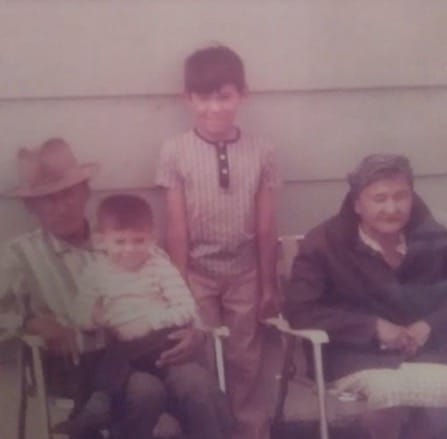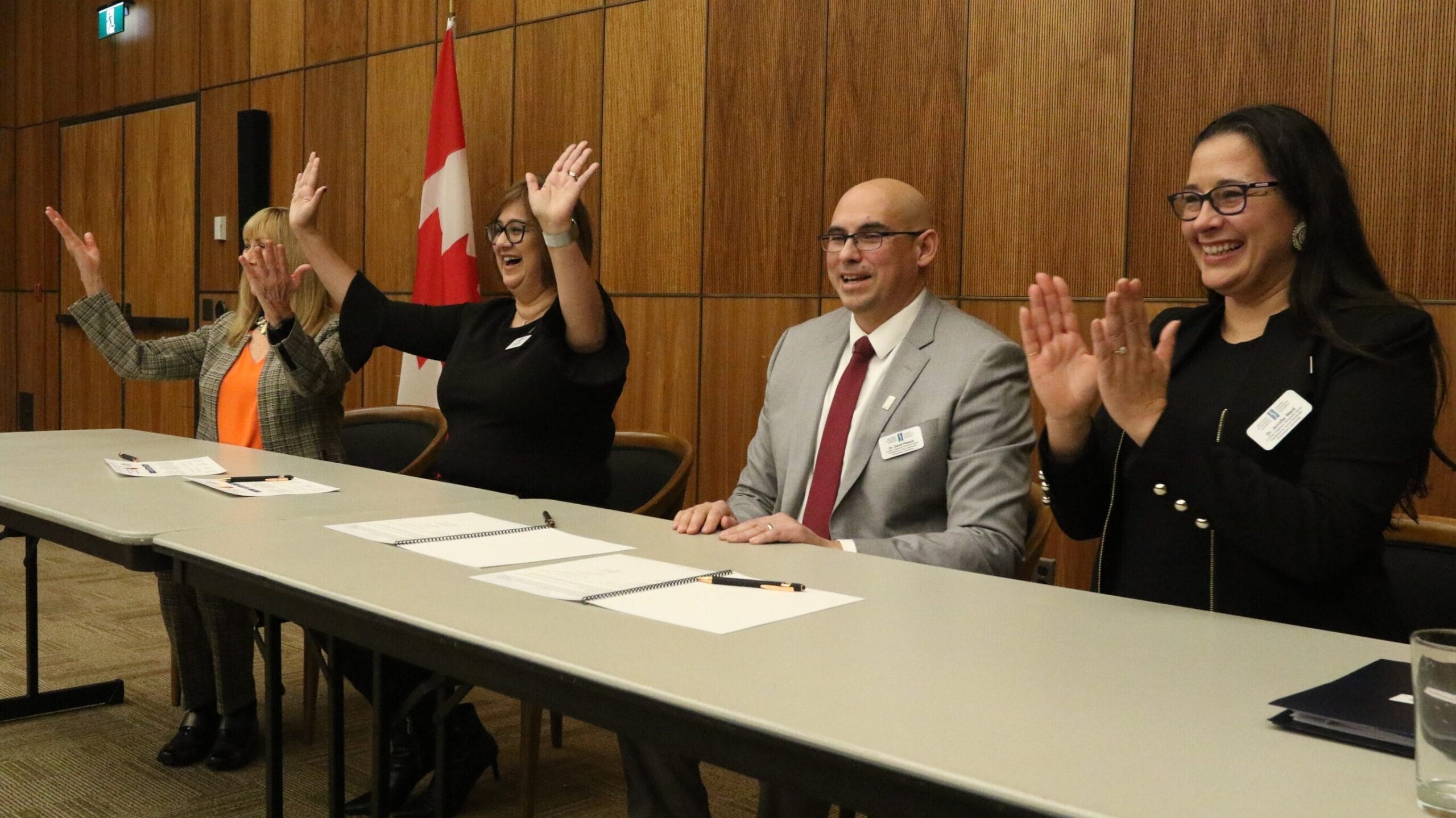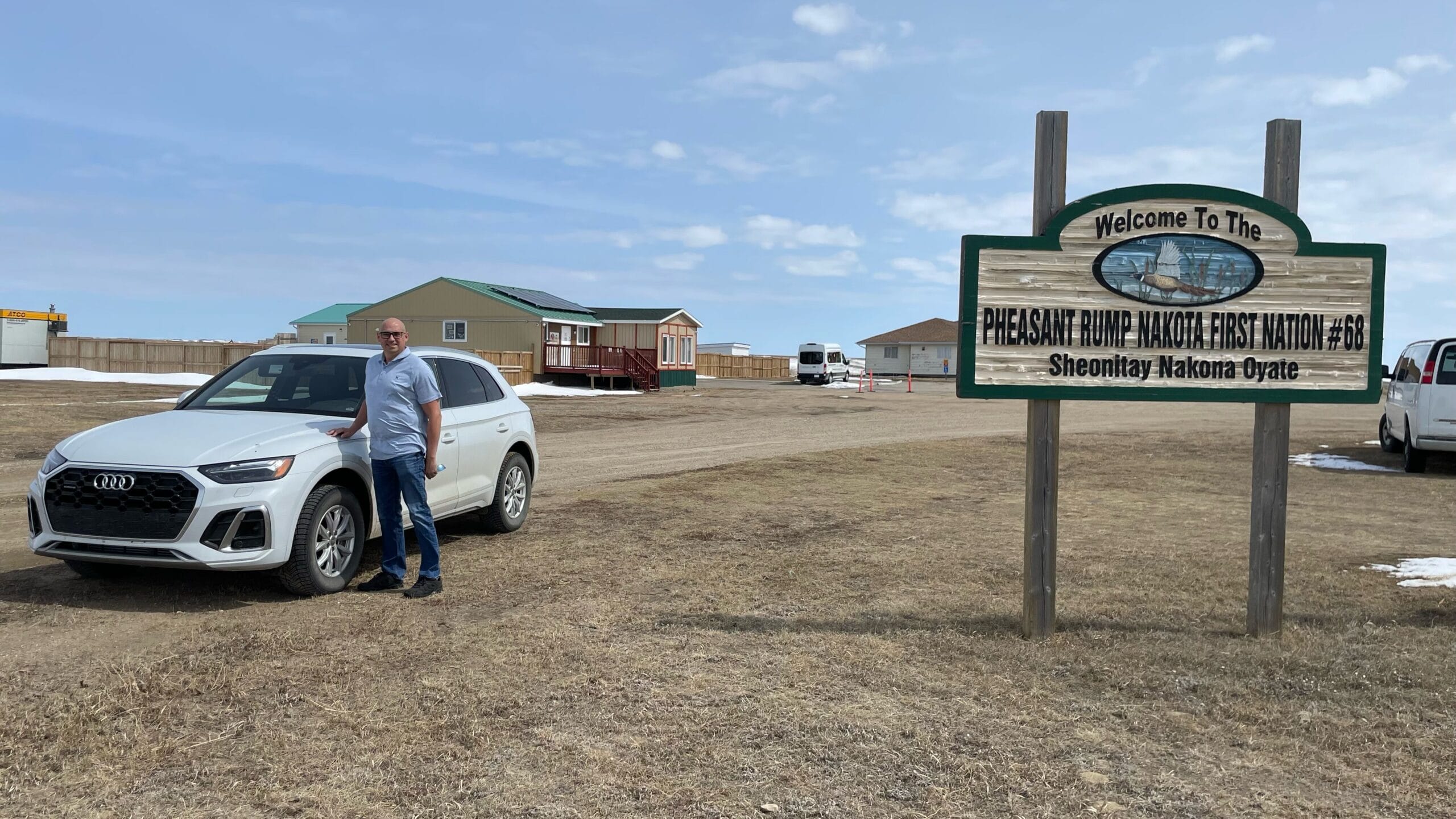Chiropractic’s Role in Truth and Reconciliation: A Reflection by Dr. David Peeace
For me, the National Day for Truth and Reconciliation is a day of remembrance that is deeply personal, one that calls for reflection. It is a time to honour the children taken from their homes and families, some who never returned, while others continue to carry these heavy memories and pass on this legacy through generations. It also offers an opportunity to pause, reflect, and acknowledge ongoing inequities faced by Indigenous people and their communities. It is a day to listen to stories and journeys that are painful and difficult to hear, but it also creates space for healing and fosters partnership and community between Indigenous and non-Indigenous peoples.
I wear an orange shirt on this day as I work with my patients, some of whom know my story and others who are curious and ask questions. Doing so provides an opportunity for mutual healing.
For me, sharing the past and the hurt of those who went through the residential school system allows me to lament the loss of my mom and the pain and shame that prevented her from imparting the blessings of her culture.
See, my mom is a day school survivor, and being of mixed background, my father was a Ukrainian settler. She chose to raise me with that upbringing. She was so worried I would suffer the same racial judgments and scorn she knew growing up in rural Saskatchewan in the 1950s and 60s. The world had progressed, but I was born shortly after the Sixties Scoop, a time when friends and relatives also lost their children.


Her goal of me “flying under the radar” and escaping prejudice was one I adopted without even realising it until her passing a few years ago. I did not fully embrace my Indigenous heritage, nor did I understand it fully, despite spending much time on my maternal grandparents’ reserve in Fishing Lake. It was just my grandparents’ place. I became very skilled at hiding this part of my life, fearing discovery and judgment, like my Indigenous cousins who experienced systemic racism growing up.
I also see this day as an opportunity to acknowledge and address my own past wrongs and missed opportunities. Earlier in my career, I had the opportunity to give a voice to Indigenous chiropractors, but out of shame, I chose not to pursue it. I told myself I didn’t want to be a ‘token’ or be defined by my heritage. Now, I realize I may have missed an opportunity to set an example and support those who might need guidance or encouragement.
Today, I want to speak for those considering a career in healthcare and promote my profession within my community, offering encouragement that they too can become chiropractors and serve in their own communities.
I believe chiropractors are uniquely positioned to be agents of reconciliation, and through practicing cultural humility and curiosity in our work, we can bridge unique cultural gaps and foster healing that honours truth and reconciliation.


I am very proud of the work the Indigenous Chiropractic Caucus (ICC) is doing to serve as role models and mentors for our community. By providing care on reserves, we actively address health inequities. Additionally, by advocating to include chiropractic care in non-insured health benefits, we aim to promote health equity and create meaningful change for those who need it most. Truth and Reconciliation call for more than words. Chiropractors can support this work by advocating for equitable health benefits, mentoring the next generation of Indigenous practitioners, and delivering care that respects culture and community.


In this spirit, I conclude with the land acknowledgement of my people in hopes that those who know where I am coming from and to respect our deep connection to the land. I write this with respect for this land, the knowledge keepers and Elders who are still with us today, and those who have gone before us, who lived on Treaty 4 territory, the traditional lands of the Cree, Saulteaux, Dakota, Nakota, and Lakota peoples, and the homeland of the Métis.
Miigwech.
Dr. David Peeace
ICC Co-Chair